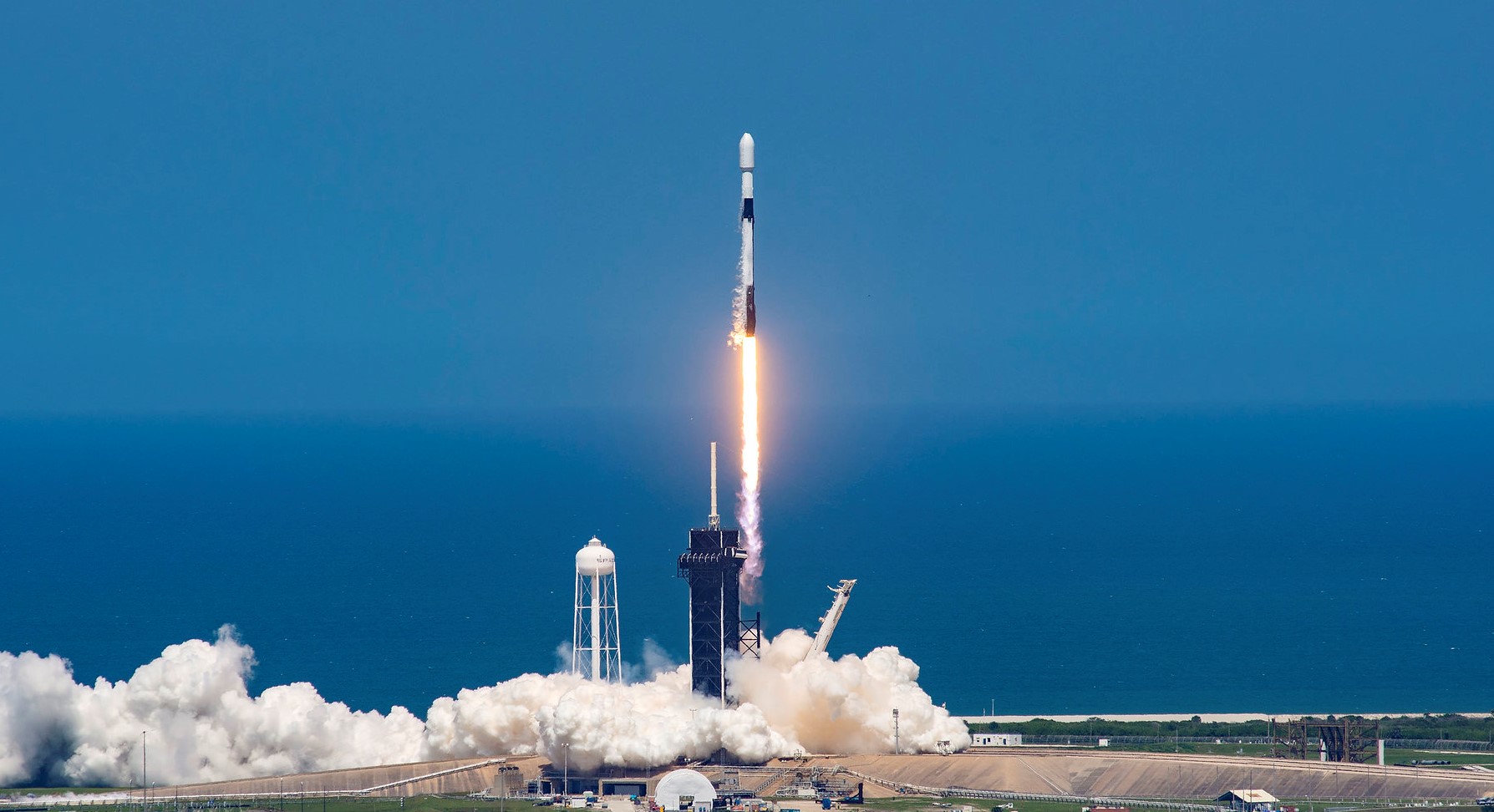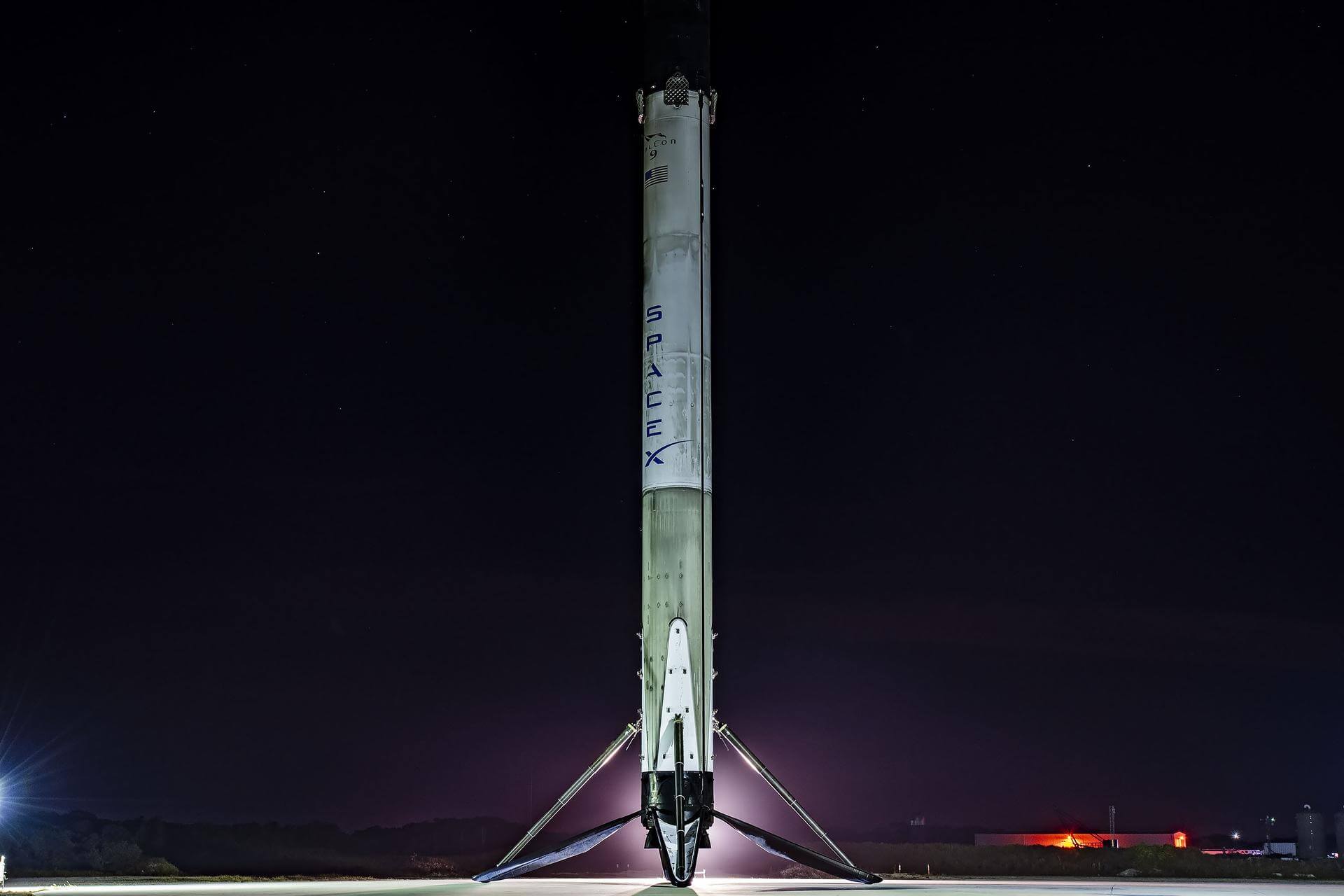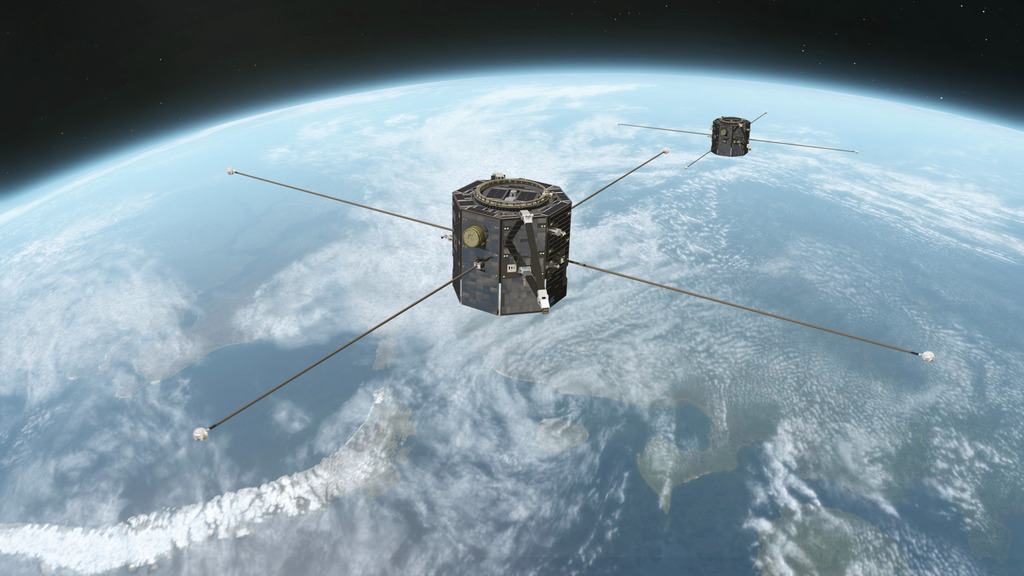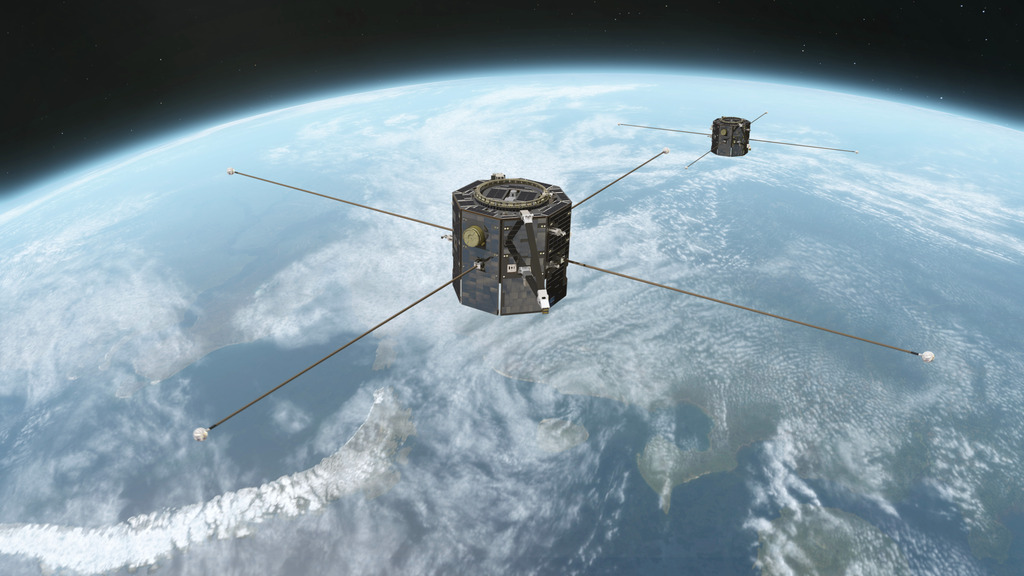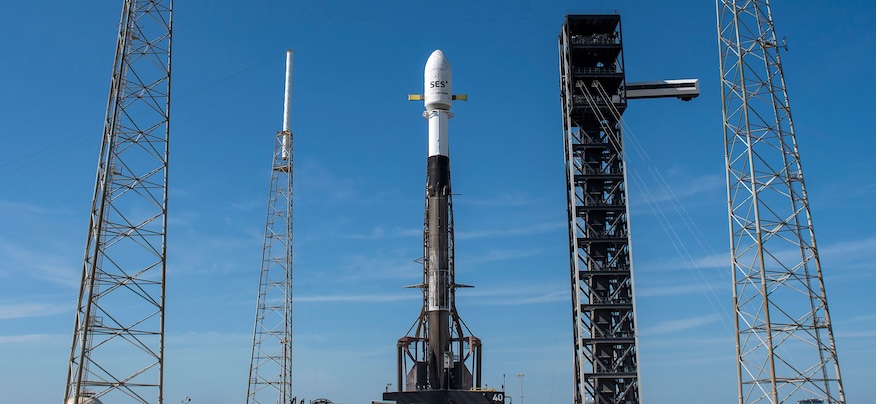Falcon 9 Block 5 | TRACERS
Space Launch Complex 4E
Vandenberg SFB, CA, USA
T?
--
Days
:
--
Hours
:
--
Mins
:
--
Secs
Date Loading...
SpaceX
Space Exploration Technologies Corp., known as SpaceX, is an American aerospace manufacturer and space transport services company headquartered in Hawthorne, California. It was founded in 2002 by entrepreneur Elon Musk with the goal of reducing space transportation costs and enabling the colonization of Mars. SpaceX operates from many pads, on the East Coast of the US they operate from SLC-40 at Cape Canaveral Space Force Station and historic LC-39A at Kennedy Space Center. They also operate from SLC-4E at Vandenberg Space Force Base, California, usually for polar launches. Another launch site is being developed at Boca Chica, Texas.
TRACERS
NASA's Tandem Reconnection and Cusp Electrodynamics Reconnaissance Satellites (TRACERS) mission, consisting of two identical satellites that will orbit Earth in tandem (one following the other), will help understand magnetic re-connection and its effects in Earth’s atmosphere. Magnetic re-connection occurs when activity from the Sun interacts with Earth’s magnetic field. By understanding this process, scientists will be able to better understand and prepare for impacts of solar activity on Earth. Hitchhiking small satellites: * Athena EPIC (Economical Payload Integration Cost) * Polylingual Experimental Terminal (PExT) * Relativistic Electron Atmospheric Loss (REAL)
Falcon 9 Block 5
Height 70.00 Meters
Max Stages 2
Mass To GTO 8300 kg
Liftoff Thrust 7607 kN
Diameter 3.65 Meters
Mass To LEO 22800 kg
Liftoff Mass 549 Tonnes
Launch Success 448
Consecutive Success 151
Maiden Flight 2018-05-11
Launch Failures 1
Core
Serial B1081
Status active
Flight Proven Yes
Flights 15
Landing Attempt Yes
Landing Success Unknown
Type RTLS
Location LZ-4
Updates
Cosmic_Penguin
2025-07-22T00:49:00+0000
Updated launch window.
Cosmic_Penguin
2025-07-19T01:59:00+0000
GO for launch.
Cosmic_Penguin
2025-07-14T22:48:00+0000
NET July 22.
Cosmic_Penguin
2025-07-11T00:58:00+0000
NET Late July.
Cosmic_Penguin
2025-05-02T14:46:00+0000
NET summer.
Cosmic_Penguin
2025-04-29T02:55:00+0000
NET Spring 2025.
Cosmic_Penguin
2025-04-02T15:49:00+0000
Changed launch site.
Cosmic_Penguin
2025-03-18T02:08:00+0000
NET May 11.
Cosmic_Penguin
2025-01-31T03:00:00+0000
Added launch (previously thought to be launching on a Transporter mission but appears to be now flying separately as primary payload of its ride-share - see https://forum.nasaspaceflight.com/index.php?topic=62129.0).
Related Events
NASA TRACERS Media Teleconference
T?
NASA will hold a media teleconference to share information about the agency’s upcoming Tandem Reconnection and Cusp Electrodynamics Reconnaissance Satellites, or TRACERS, mission. The TRACERS mission is a pair of twin satellites that will study how Earth’s magnetic shield — the magnetosphere — protects our planet from the supersonic stream of material from the Sun called solar wind. As they fly pole to pole in a Sun-synchronous orbit, the two TRACERS spacecraft will measure how magnetic explosions send these solar wind particles zooming down into Earth’s atmosphere — and how these explosions shape the space weather that impacts our satellites, technology, and astronauts. Also launching on this flight will be three additional NASA-funded payloads. The Athena EPIC (Economical Payload Integration Cost) SmallSat, led by NASA’s Langley Research Center in Hampton, Virginia, is designed to demonstrate an innovative, configurable way to put remote-sensing instruments into orbit faster and more affordably. The Polylingual Experimental Terminal technology demonstration, managed by the agency’s SCaN (Space Communications and Navigation) program, will showcase new technology that empowers missions to roam between communications networks in space, like cell phones roam between providers on Earth. Finally, the Relativistic Electron Atmospheric Loss (REAL) CubeSat, led by Dartmouth College in Hanover, New Hampshire, will use space as a laboratory to understand how high-energy particles within the bands of radiation that surround Earth are naturally scattered into the atmosphere, aiding the development of methods for removing these damaging particles to better protect satellites and the critical ground systems they support.
Related News
2025-07-21T19:26:17+0000
NASASpaceflight
Launch Roundup: Russian and European science missions to launch during busy week
2025-07-16T15:41:54+0000
NASA
NASA’s TRACERS Studies Explosive Process in Earth’s Magnetic Shield
2025-07-10T19:19:38+0000
NASA
